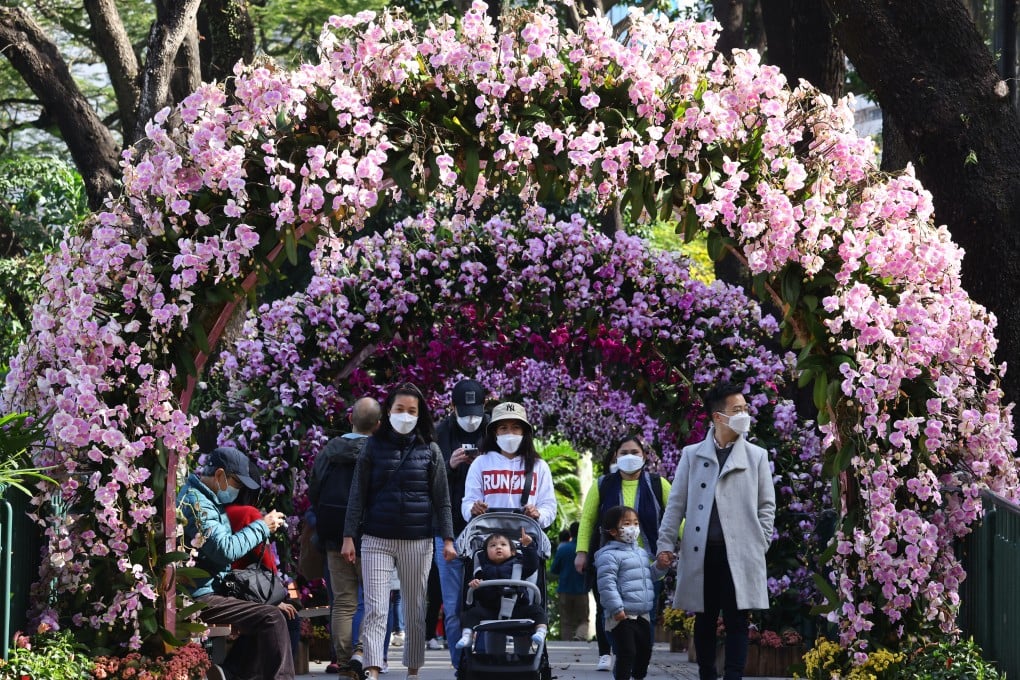Letters | Time for Hong Kong to give people a choice on masks
- Readers discuss the wisdom of the city’s rules on mask-wearing, and how the pandemic has changed human relationships

It never ceases to amaze me to see people putting on their mask when going outdoors and removing it indoors at home, and in the office, restaurants and bars, when outdoors is a significantly lower-risk setting for Covid-19 transmission compared to indoors.
While virus transmission does occur outdoors, especially among people in proximity, the costs and benefits of a mandatory mask-wearing policy warrant examination.
Therefore, I wonder, how sound is it to keep the mask mandate, especially when Hong Kong has already started its global campaign to reaffirm itself as an international business hub?
Finally, there is the pollution angle. Single-use masks contain plastic that can take hundreds of years to break down. A study published in 2021 found mask mandates caused the amount of litter classified as “mask” to go from zero to 6 per cent. That should give Hong Kong, which aims to become more environment-friendly, pause.